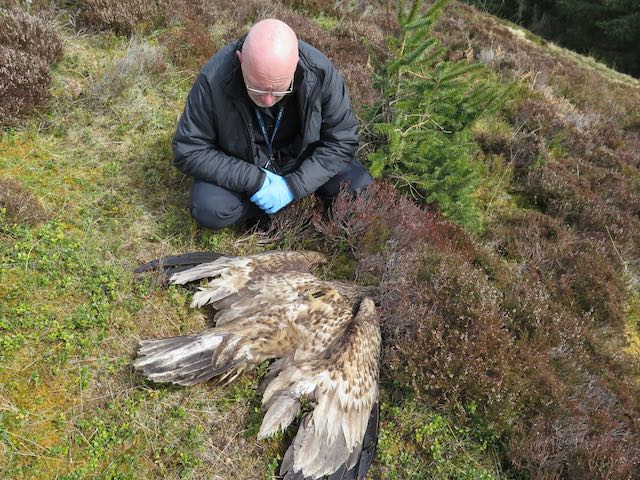SOURCE: Yorkshire Bylines
DATE: November 8, 2020
SNIP: The UK is known as a nation of animal-lovers, yet it’s a terrible place to be a wild animal (or plant or fungus). For ours is one of the most nature-deprived countries on the planet, the “green and pleasant land” a pure fiction.
Chief responsibility for that lies with the supermarket and multinational-dictated food system that’s seen farmland turned to green desert, and the damage done by a decade of austerity to the support systems that are supposed to protect nature – Natural England seeing two-thirds of its funding slashed in that time.
But a significant proportion of the damage being done isn’t just metaphorically criminal, but legally so.
That fact was brought vividly to life last week, by the launch of what’s become (since 2017) an annual report on wildlife crime in England and Wales, by Wildlife and Countryside Link (WCL), a coalition of 57 organisations that between them represent eight million members. I, and MPs and other peers, heard a succession of experts tell a tale of abuse, destruction, and government failure.
It’s easy to get exercised about individual actions: the horror tales of badger baiting and hare coursing, or the wanton destruction of crucial habitat by cynical developers in pursuit of windfall profits. But the message that came through loud and clear last week was that it is government failure that’s allowing many of these crimes to occur, and certainly ensuring that they are very, rarely punished.
There’s also concern that much wildlife-related crime is being enabled, or committed, online, with the report this year for the first time including a section on cybercrime. We have seen the creation of the Cyber Enabled Wildlife Crime Priority Delivery Group, led by the National Wildlife Crime Unit, which is progress; but the issue of the level of resources, against the scale of the problem, is pressing.
Public education is a further area in which government action is needed. We heard from Plantlife that many members of the public – with the growing interest in foraging and wild foods – may be breaking the law and causing ecological damage simply from lack of knowledge, rather than ill intention.
Britain is hosting the COP26 climate talks next year, so that’s getting – in what environmental space there is – a significant amount of focus. But next year is also the postponed COP15 for the Convention on Biodiversity, and the world will be examining the actions being taken by all governments. Failure to protect nature will be in the spotlight, and the UK will be in the dock.

